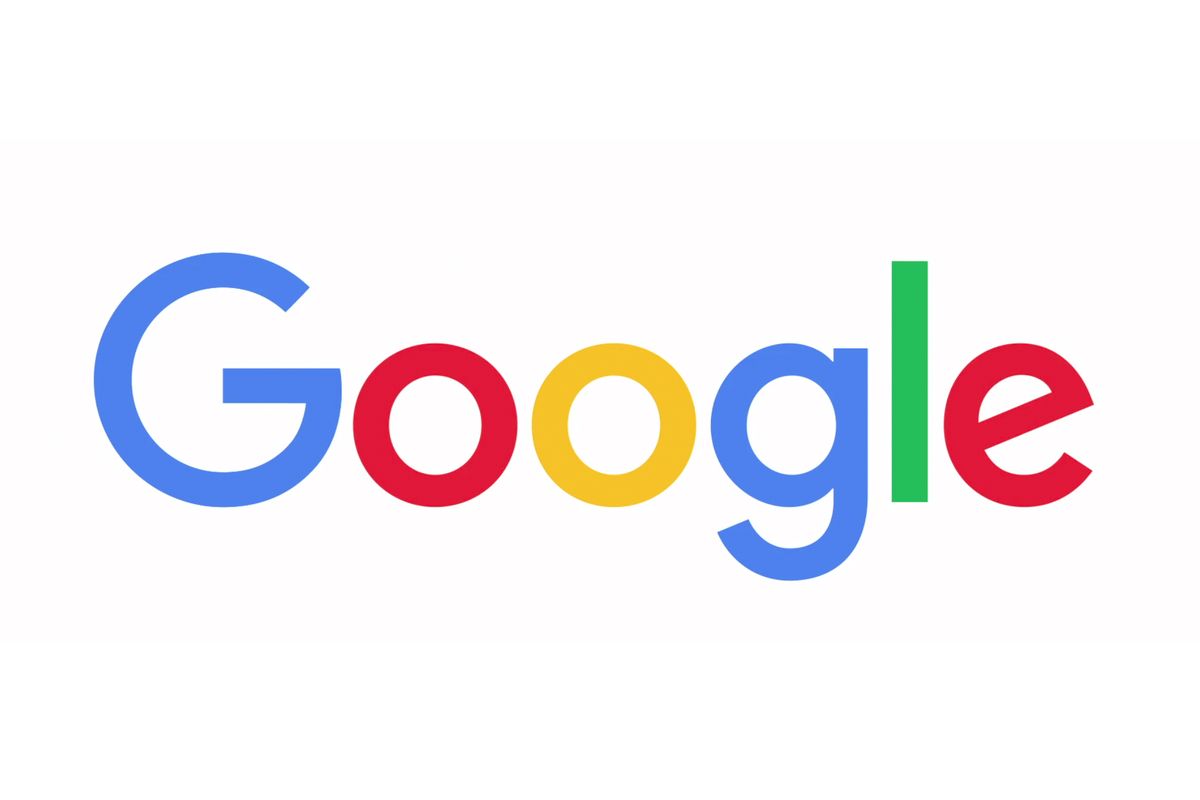Picture this: It’s been three days and that pain in your back is still there. You’re starting to get a bit worried, so you do a bit of research on Google. You enter the symptoms – aching, lower right-hand side, worse when you lie down. Kidneys? Something renal? Surely not. Another search. Liver now. Hepatitis. Or cirrhosis. They’re bad, aren’t they? Must be something else. One more search. Oh God! – cancer. The symptoms fit cancer. You’re dying. The end is near.
Another one: A young woman walks into a doctor’s consulting room with severe abdominal pain, convinced she has appendicitis. The pain is excruciating and it radiates to her right thigh and leg. She has been vomiting since morning and is brought in by her brother who also shares the same opinion. They have googled her symptoms and the unanimous decision by Dr Google is that she has appendicitis. And as we know: Dr Google is always right. They have, therefore, come for an appendectomy. Luckily for them, the doctor has a mind of his own. He takes a proper history and examines the young lady’s abdomen. An abdominal scan is done showing no features of an inflamed appendix. From her gynae history, he reaches his conclusion: she is suffering from Mittelschmerz, otherwise known as ovulation pain. She is given Paracetamol infusion and a single shot of IM Diclofenac. Four hours later, she is ready to party!
Welcome to the 21st century. Here it is called Cyberchondria; a habit many of us are guilty of, where even the faintest of symptoms has us frantically tapping away at the keyboard, searching for answers. It refers to a person’s anxiety about their health that is created or exacerbated by using the internet to search for medical information. If doctors thought that the rate at which people search the internet for medical answers was increasing, this pandemic has definitely shown us the beginning of a whole new crisis. Fuelled by the lockdown and anxiety over COVID-19, residents in the UK, consulted Dr. Google more than 100 million times last year alone.
In Nigeria, Cyberchondria is also rapidly spreading. People who are worried about their symptoms or simply dreading the long waiting hours in hospitals, prefer to search for their symptoms online where they can get their diagnosis and treatment within the twinkle of an eye. Shikenan! Life made easy. After all, they surmise, what do these Nigerian doctors know sef? Is it not just how to treat Malaria and Typhoid?
It is true that the digital revolution has changed many aspects of life, especially in the way in which health-related information is obtained. Such information is now very easy to access via the Internet, at little or no cost. For most people, the Internet has become the first stop when they need to find out more about symptoms, health and disease. The consequences of this change are being increasingly appreciated, but they are still poorly understood. While some people feel empowered by easy access to health information and less anxious after seeking health information on the Internet, others are more anxious and frightened. This is likely to affect healthcare-seeking behaviour and relationship with physicians.
What do you think would have happened if that young woman had met a doctor who was easily persuaded? Or if she had met a doctor in a private hospital looking to make a quick buck? They would have put her under the rigours of anaesthesia and surgery for nothing. A negative laparotomy. God help her if she develops fibrous tissue as a result of the surgery.
You see, although Googling symptoms may feel like we are being smart or relieving pressure on doctors, with seemingly pointless problems, there are so many risks associated with self-diagnosis. Dr. Google could throw up any multitude of results and there’s no knowing if you’re getting the correct information or not.
Therefore, I (adjusting my hijab), as your self-appointed doctor, am here to tell you why Dr Google, in most cases, is not always right. Stay with me as I activate my debate mode.
First of all, Dr Google is not medically trained. He or she or it did not suffer six years of medical school. It has never passed a medical exam, nor has it undergone any type of postgraduate training. So yes, Dr Google is in fact a phony. When doctors see patients, we appraise their overall health, how they look and how they walked into the room, as well as carrying out clinical examinations and tests. But with Google, it completely depends on what you typed in and what diagnosis you’ll come up with. For example, if someone notices he has a tremor and types ‘common causes of handshaking’, the internet will bamboozle him with stuff like Tardive Dyskinesia, Huntington’s disease, seizure disorders, etc; leaving him even more confused. Whereas, had he visited the hospital, the doctor would only need to see his gait, facial expression and tremors, and a diagnosis of Parkinson’s would have served! Easy peezy lemon squeezy.
Secondly, and this happens most of the time, Dr Google amplifies the symptoms leading to unnecessary anxiety. Again, another example, if you have a headache, and you see the doctor who diagnoses a tension headache, you can deal with it and move on. But if you type in headache and come up with brain tumour, that’s clearly going to lead to a heightened level of anxiety, agitation and increased hospital visits. Who needs that kind of added stress?
Additionally, this internet-fuelled health anxiety, ‘cyberchondria’, isn’t just bad for patients. It is increasing the burden and overall cost of healthcare from the unnecessary doctor’s consultation and further tests just to disprove the wide ranges of conditions that patients present to their doctors from conducting internet research into their own symptoms.
Thirdly, in this era of communicable diseases, if people are misdiagnosing conditions and self-treating – rather than going to see a doctor, they could be causing themselves long-term harm and spreading infections to others. This is particularly relevant to sexual health, where people might feel embarrassed to see their doctor about their symptoms. Nevertheless, getting the right diagnosis and treatment is essential.
However, this is not to deter us from using the internet for health purposes. There are numerous websites that offer, simple, clear information about diseases such as the WHO, CDC and NHS, where one can read more about certain conditions and their mode of management. Furthermore, instead of consulting Dr Google, another alternative is to try telemedicine, which involves consulting a doctor virtually through video calls or zoom. The challenge, however, is that the doctor may still need you to come to the hospital for clinical examination and tests where necessary. Wahala Dey.
So, the next time you are tempted to challenge your doctor about what Dr Google said or did not say- remember that Dr Google is in fact, not always right.

 Join Daily Trust WhatsApp Community For Quick Access To News and Happenings Around You.
Join Daily Trust WhatsApp Community For Quick Access To News and Happenings Around You.


